First, the rush of adrenaline from the fight-or-flight response can feel great. There is compelling evidence that this isn’t merely a personal preference but our brain chemistry at work. Many people feel a sense of power and control after enduring a scary situation.
What Makes Spiders So Terribly Scary to Human Beings? ‹ Literary Hub
Why Do Some Brains Enjoy Fear? The science behind the appeal of haunted houses, freak shows, and physical thrills by Allegra Ringo Oct 31, 2013 6 minutes Save for Later This time of year, thrillseekers can enjoy horror movies, haunted houses, and prices so low, it’s scary.

Source Image: movewelldaily.com
Download Image
Jul 8, 2023While some brains genuinely enjoy fear, the reasons behind this enjoyment are multifaceted, shaped by a combination of physiological, personality, and societal factors. The processing of fear and enjoyment is intricately tied to the brain’s fear response system, highlighting the complexity of these emotions.
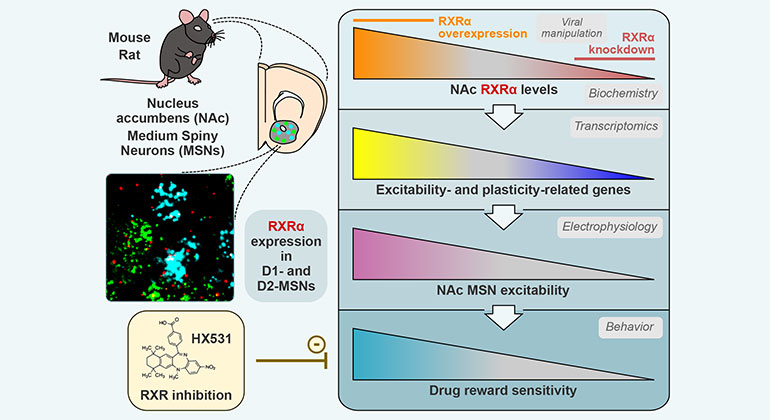
Source Image: mountsinai.org
Download Image
Afraid of the dark: A troubleshooting guide – PARENTING SCIENCE The people who line up to get scared might have different brain chemistry, according to research from Vanderbilt University. When we experience scary or thrilling situations, our brains release dopamine, a chemical that can act as a reward. Some people get more of a kick from this release than others, sociologist Margee Kerr told The Atlantic.

Source Image: tes.com
Download Image
Why Do Some Brains Enjoy Fear Summary
The people who line up to get scared might have different brain chemistry, according to research from Vanderbilt University. When we experience scary or thrilling situations, our brains release dopamine, a chemical that can act as a reward. Some people get more of a kick from this release than others, sociologist Margee Kerr told The Atlantic. May 11, 2014 The Enjoyment of Horror In the article that I found, Why Do Some Brains Enjoy Fear? by Allegra Ringo, she does a question and answer with Dr. Margee Kerr about what attracts some brains to horror. First they talk about how it is not a choice whether or not someone enjoys fear, it comes from our brain.
Why Do Some Brains Enjoy Fear? – PPT Lesson – myPerspectives Grade 10 | Teaching Resources
For that reason, our brains are hard-wired to feel fear when we encounter a threat. Our fear response releases “fight or flight” chemicals into our bloodstreams, and these help make us stronger, quicker, and more alert. In other words, fear makes us ready to fight or flee. SCAN FOR MULTIMEDIA Fear: What happens in the brain and body?
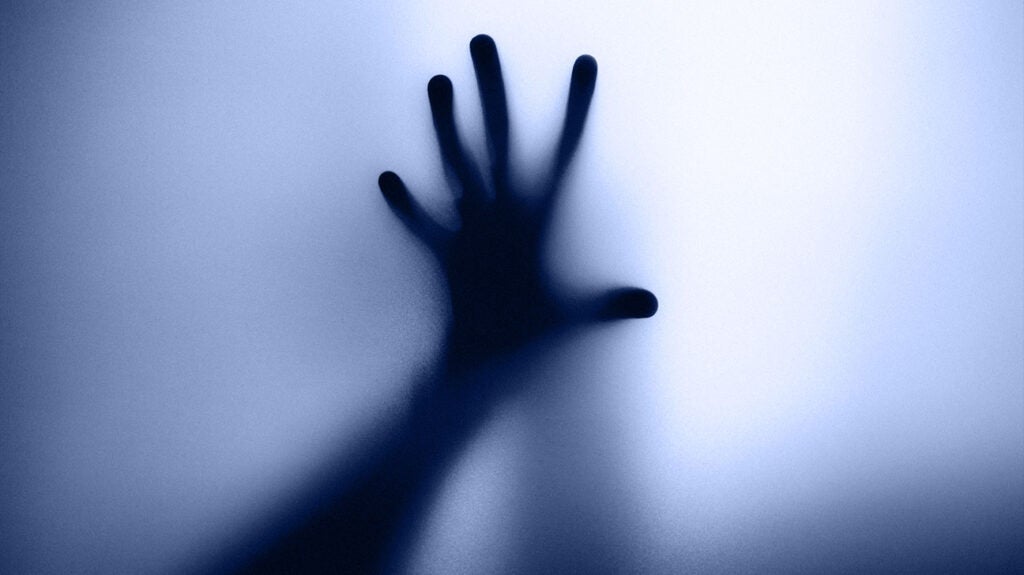
Source Image: medicalnewstoday.com
Download Image
Why Do Some Brains Like Fear?. Thrill-seekers can enjoy horror movies… | by Nur M. Tuhin | Medium For that reason, our brains are hard-wired to feel fear when we encounter a threat. Our fear response releases “fight or flight” chemicals into our bloodstreams, and these help make us stronger, quicker, and more alert. In other words, fear makes us ready to fight or flee. SCAN FOR MULTIMEDIA

Source Image: medium.com
Download Image
What Makes Spiders So Terribly Scary to Human Beings? ‹ Literary Hub First, the rush of adrenaline from the fight-or-flight response can feel great. There is compelling evidence that this isn’t merely a personal preference but our brain chemistry at work. Many people feel a sense of power and control after enduring a scary situation.
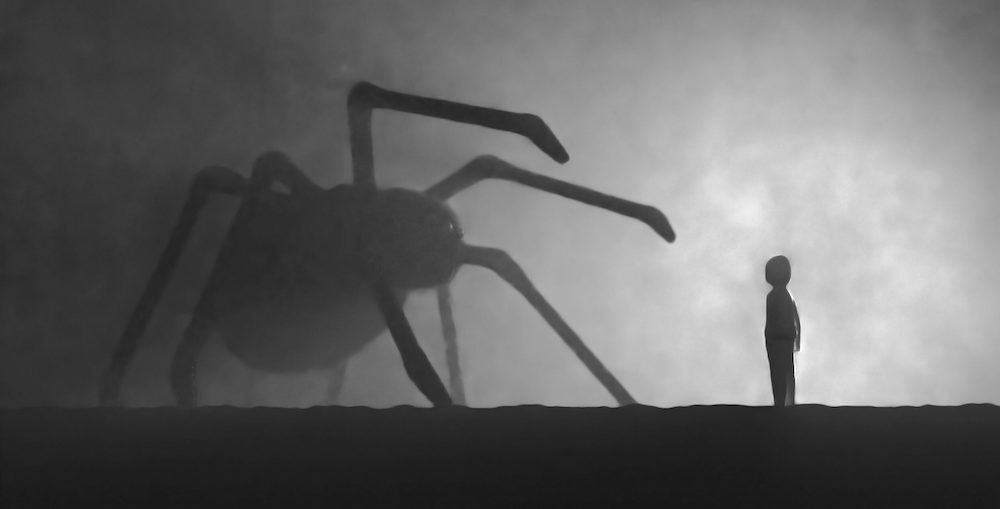
Source Image: lithub.com
Download Image
Afraid of the dark: A troubleshooting guide – PARENTING SCIENCE Jul 8, 2023While some brains genuinely enjoy fear, the reasons behind this enjoyment are multifaceted, shaped by a combination of physiological, personality, and societal factors. The processing of fear and enjoyment is intricately tied to the brain’s fear response system, highlighting the complexity of these emotions.
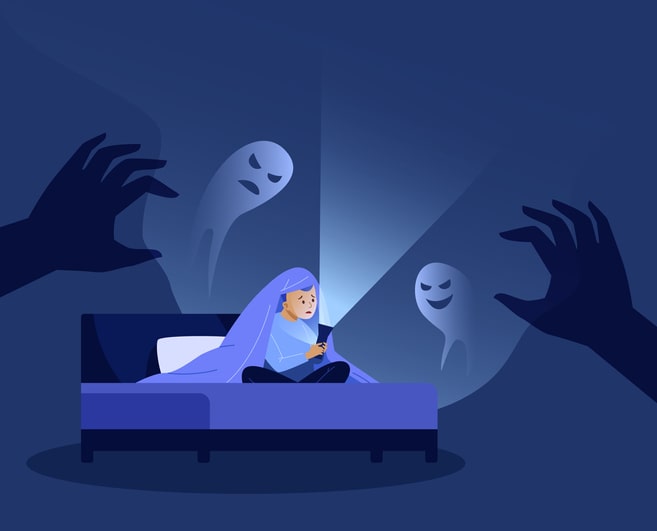
Source Image: parentingscience.com
Download Image
What Is Social Anxiety & How Does It Feel? The Brain’s Reward System Beyond adrenaline, the brain’s reward system plays a significant role in the enjoyment of fear. Fear and Dopamine When individuals engage in fear-inducing activities, the brain releases dopamine, a neurotransmitter associated with pleasure and reward.

Source Image: simplypsychology.org
Download Image
Meditation Can Literally Change Your Brain The people who line up to get scared might have different brain chemistry, according to research from Vanderbilt University. When we experience scary or thrilling situations, our brains release dopamine, a chemical that can act as a reward. Some people get more of a kick from this release than others, sociologist Margee Kerr told The Atlantic.

Source Image: psycom.net
Download Image
IMTA May 11, 2014 The Enjoyment of Horror In the article that I found, Why Do Some Brains Enjoy Fear? by Allegra Ringo, she does a question and answer with Dr. Margee Kerr about what attracts some brains to horror. First they talk about how it is not a choice whether or not someone enjoys fear, it comes from our brain.
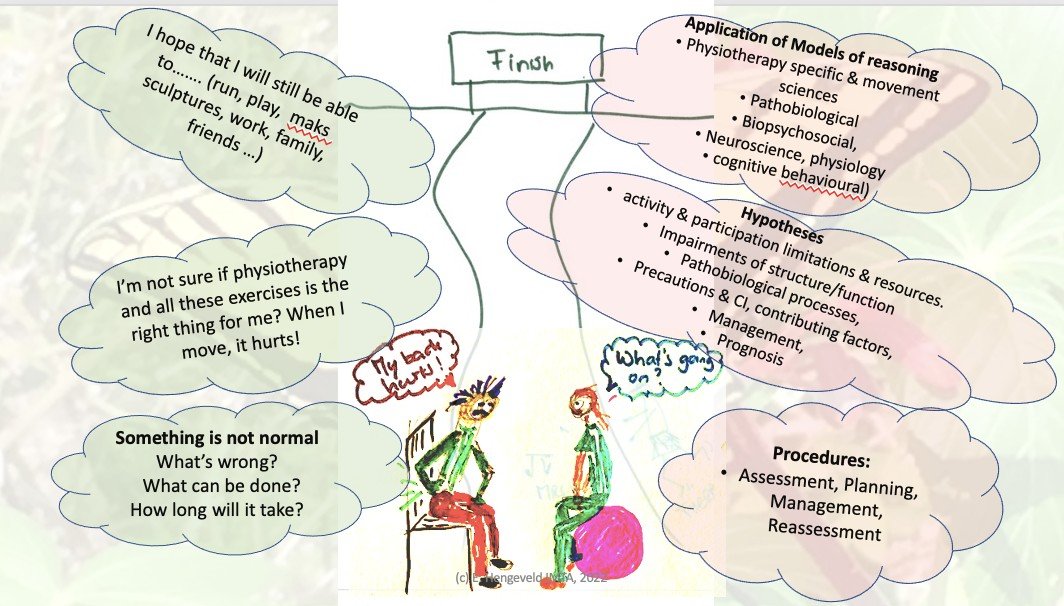
Source Image: imta.ch
Download Image
Why Do Some Brains Like Fear?. Thrill-seekers can enjoy horror movies… | by Nur M. Tuhin | Medium
IMTA Why Do Some Brains Enjoy Fear? The science behind the appeal of haunted houses, freak shows, and physical thrills by Allegra Ringo Oct 31, 2013 6 minutes Save for Later This time of year, thrillseekers can enjoy horror movies, haunted houses, and prices so low, it’s scary.
Afraid of the dark: A troubleshooting guide – PARENTING SCIENCE Meditation Can Literally Change Your Brain The Brain’s Reward System Beyond adrenaline, the brain’s reward system plays a significant role in the enjoyment of fear. Fear and Dopamine When individuals engage in fear-inducing activities, the brain releases dopamine, a neurotransmitter associated with pleasure and reward.